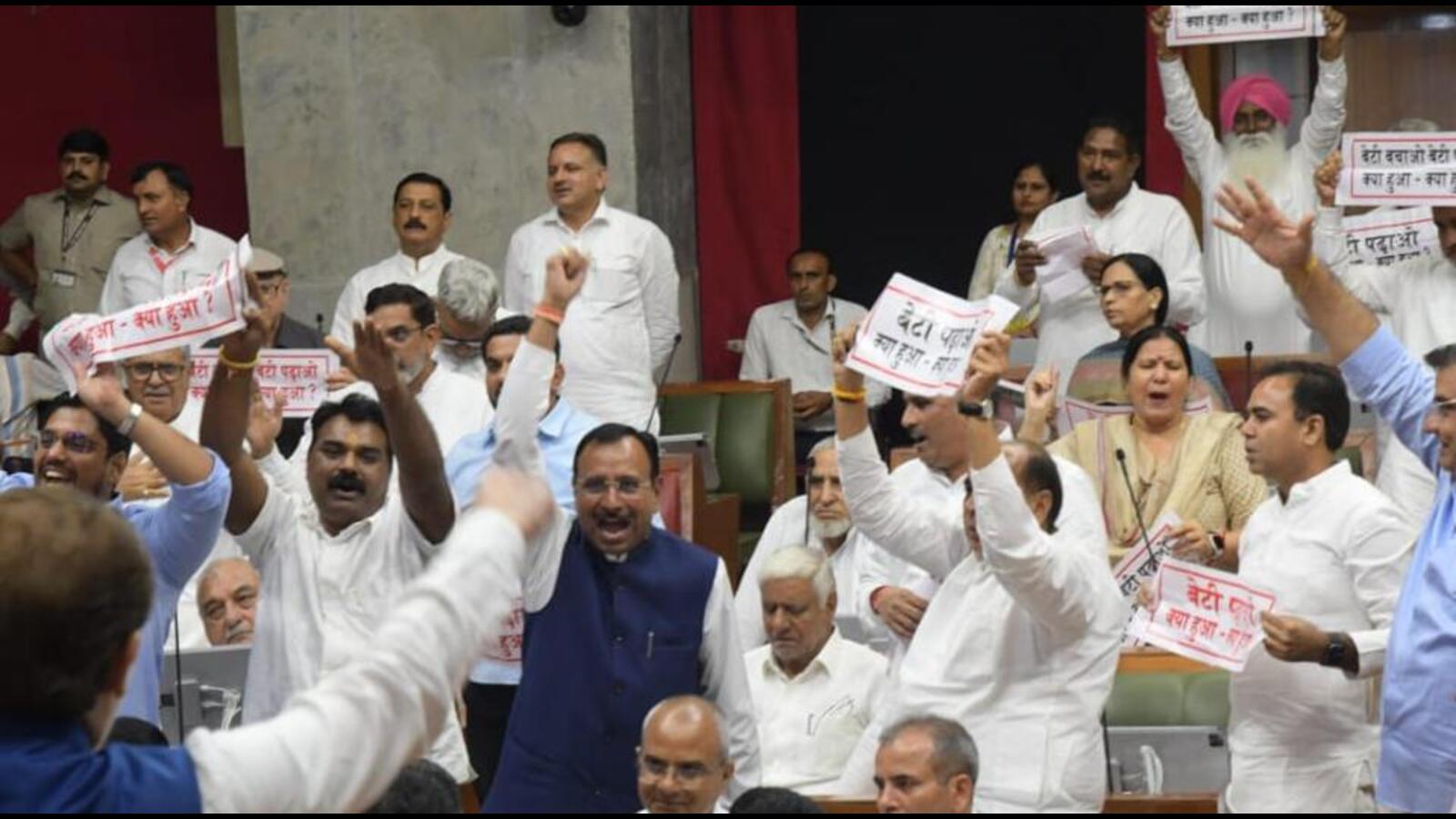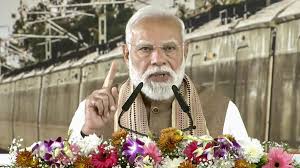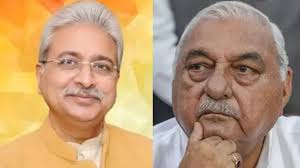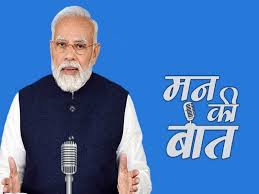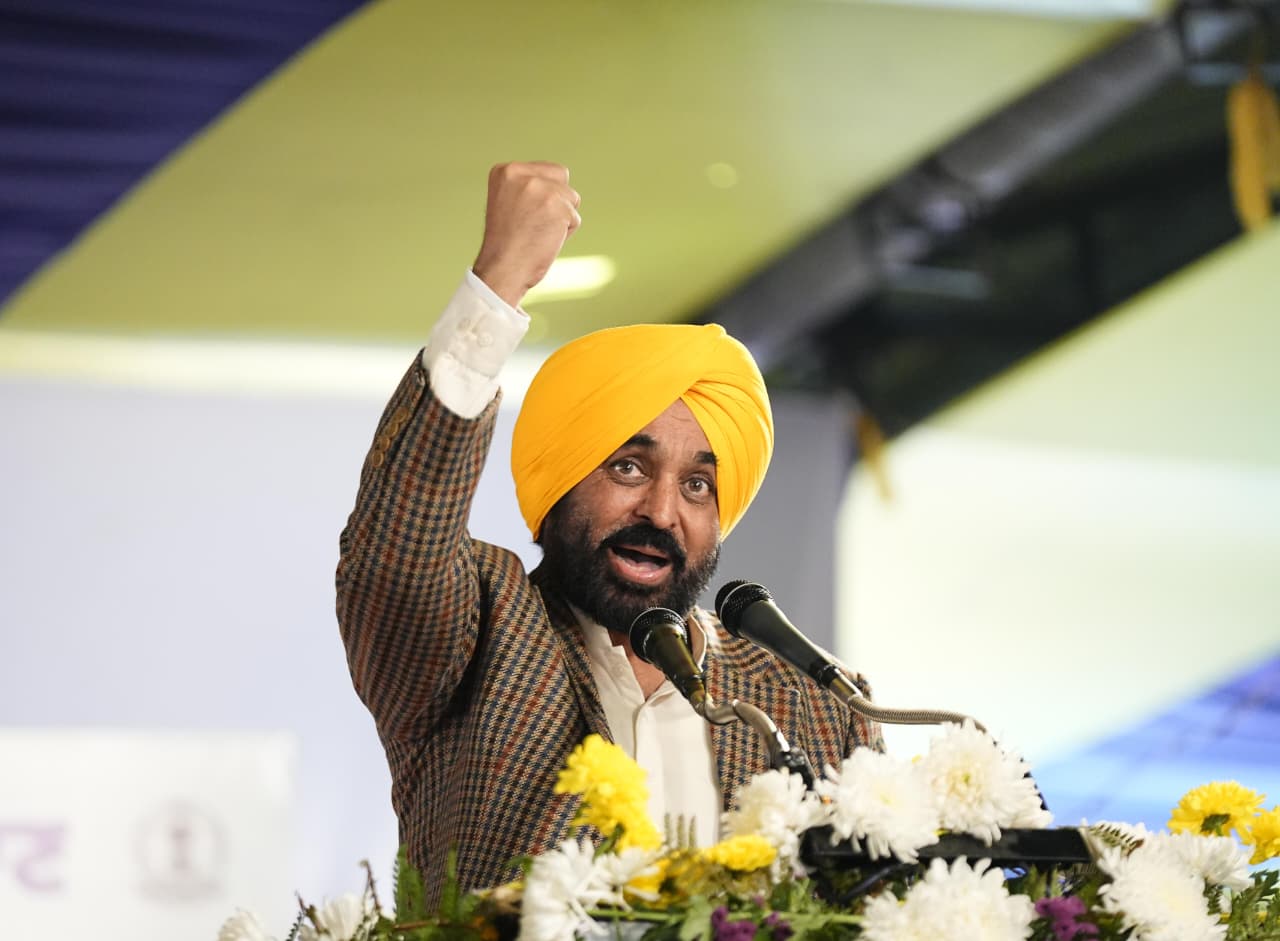Listen To This Post
Chandigarh: In a decisive move aimed at stabilising its Haryana unit, the Congress high command has formally appointed Bhupinder Singh Hooda as the Leader of the Congress Legislature Party (CLP) in Haryana, with immediate effect. The decision, announced through an All India Congress Committee (AICC) release by general secretary K.C. Venugopal, underlines the party’s strategy to bank on experience and grassroots credibility in a politically complex state.
Simultaneously, the Congress has named Rao Narender Singh as the new president of the Haryana Pradesh Congress Committee (HPCC), replacing Udai Bhan, whose contributions were acknowledged by the party. The twin appointments are being seen as a carefully balanced exercise — entrusting Hooda with legislative leadership while giving organisational command to Narender Singh, a leader with strong regional roots.
Why Hooda? A choice of stability and arithmetic
A two-time chief minister and among Haryana’s tallest political figures, Hooda’s stature as a mass leader, his ability to rally Jat and rural communities, and his established organisational networks weighed heavily in his favour. With decades of legislative experience, he is viewed as capable of coordinating a disciplined opposition while also holding the government accountable on issues such as farmers’ distress, unemployment, rural economy and governance lapses.
In the October 2024 Assembly elections, Congress won 37 seats in a close contest with the ruling BJP, which secured 48. The outcome left the Congress within striking distance of power but also exposed the urgent need for sharper floor management and a unified voice. Party insiders say Hooda’s elevation provides that anchor.
Inside the decision-making
According to party sources, the selection followed weeks of consultations between the AICC and state leaders. While younger aspirants lobbied for prominence, Hooda’s combination of seniority, electoral reach, and credibility inside the Assembly made his case compelling. The high command is also believed to have assured other factions that they will be accommodated in key legislative committees and organisational roles, with Narender Singh’s appointment as PCC chief seen as a signal towards balancing equations.
The immediate challenges ahead
Hooda now faces the dual challenge of leading a spirited opposition and energising a demoralised cadre. His priorities include sharpening the legislative strategy to put the BJP on the defensive, reviving booth-level networks, and projecting Congress as a credible alternative ahead of the 2029 Lok Sabha and Assembly elections. “This is not just about occupying the LoP chair — it is about rebuilding confidence among workers and voters,” a Congress MLA observed.
Political implications
For the Congress, Hooda’s appointment signals continuity but also sets a high bar. His leadership is expected to give the party legislative punch, but it will also be tested against public expectations of revival after successive Lok Sabha and Assembly defeats. For the BJP, it means facing a formidable critic who understands both legislative nuance and grassroots mobilisation.
For regional outfits like INLD and JJP, Hooda’s return to centre-stage could squeeze their space, forcing them to either seek issue-based alignments or risk irrelevance. At the same time, younger Congress leaders, many of whom have been restless, may push harder for a greater role, posing a test of Hooda’s ability to balance authority with inclusivity.
By entrusting legislative leadership to Bhupinder Singh Hooda and organisational command to Rao Narender Singh, the Congress has signalled its reliance on seasoned leadership to navigate Haryana’s turbulent politics. Whether this dual strategy can convert internal stability into electoral momentum will define not only the future of the state Congress but also its bargaining power in national politics over the next five years.





